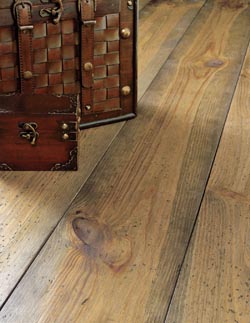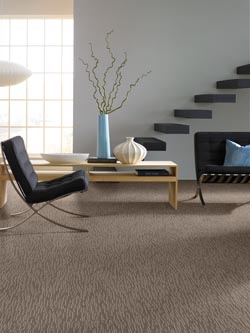Shopping for new flooring can be confusing, and frustrating if you are not prepared. To help you shop for flooring, review the following tips:
 Review the Project Area
Review the Project Area
Before making a trip to your local flooring store:
What to Ask Yourself
Think about answers to these questions to help you select the right floor for your needs:
What to Ask the Retailer
1. Be sure to ask if the price quoted includes:
2. Before selecting a floor have the salesperson review with you the manufacturer’s warranty information as well as the manufacturer’s care and maintenance procedures. Keep a copy of both brochures for your reference.
3. Be sure to get all quotes in writing, including amount of flooring needed, and a rough diagram on how they will install the flooring and where all seams will fall.
4. Be sure to understand who is responsible for removing toilets, portable dishwashers, and any other fixed room fixtures.
5. If the flooring store has a web site, you may want to check it out give you some idea of what kind of store they are. Make a note of what groups, or organizations they may be associated with. You might even try to setup an appointment with them, via e-mail, to save you valuable time when you get
to their store.
6. Always get all product information in writing including the manufacturer’s name, product name, style, color, and how the product will be installed.
 Carpet Shopping: What to Look For
Carpet Shopping: What to Look For
In the market for a new carpet? Be sure to check out the performance characteristics to ensure that you choose a carpet that will hold up well and have a long life.
There are several things to look for, including a twist in each individual yarn. Several qualities give performance, including the density of the carpet. Density should not be confused with the height of the pile. Pile height has nothing to do with the performance. Generally, the more twist in the carpet yarns, the more spring, which hides footprints.
Other properties to look for are stain and soil protection, and static resistance. Most homeowners clean their carpets about once a year, so in the interim, you want the carpet to perform as well as possible in these three areas.
The carpet industry had done some amazing things in protection against stain, soil, and static. When no carpet is completely protected, today’s products are better than ever.
When purchasing a carpet, be sure and buy from a reputable dealer. Look to a quality-oriented decorating center for a good selection of custom carpets as well as better-grade pads and qualified installers. Remember that with carpet, as with many other things in life, you usually get what you pay for.